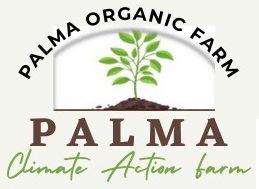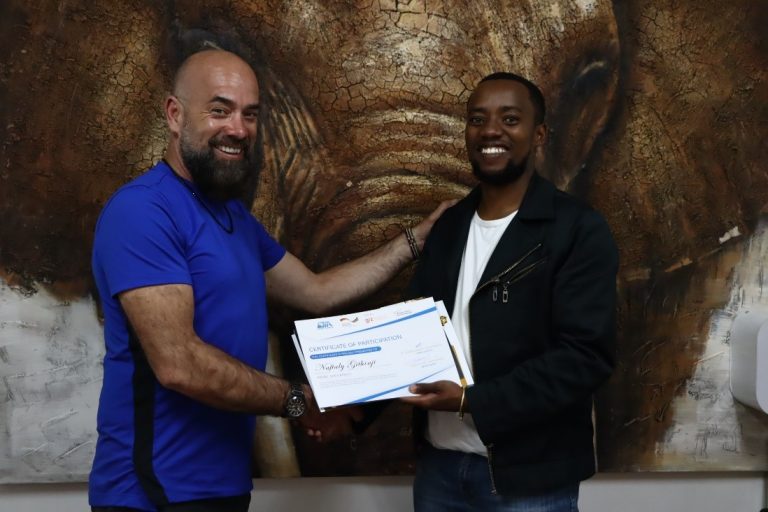Palma Group Limited Makes A Resilient Recovery Through IIA’s Investor Readiness Program
The essence of strategy is choosing what not to do. In the case of Nicodem Mayison, Director and Founder of Palma Group Limited, he decided not to give up on his business which had been disrupted by war.
Since 2010 Palma Group Limited, a supply, and logistics firm, had been operating mainly in South Sudan, though registered in Kenya as well. Business was good until conflict broke out in 2016, causing the entrepreneur to lose about $ 1.2 million worth of equipment and ongoing contracts, leading to a shutdown.
While waiting for the conflict to be resolved, Nick launched Palma Organic Farm, a subsidiary of Palma Group Limited, resident in Kenya, focusing on climate action by neutralizing carbon emission through activities that help absorb carbon from the atmosphere.
In 2018, they launched the business in the Democratic Republic of Congo (DRC), venturing into the carbon markets.
While outsourcing financial solutions and partners for his business, Nick came across Invest in Africa’s (IIA) Investor Readiness Program on social media. He seized the opportunity to help his business recover from the loss sustained as a result of the war.
According to Nick, the program was necessary for his business as it was challenging to get investors due to a lack of a financial and an accounting regime, which led to poor records keeping. Nick needed to acquire knowledge to put in place a proper documentation structure and streamline the operations to attract investors.
According to the Kenya National Bureau of Statistics, about 22 percent of Micro, Small, and Medium Enterprises (MSMEs) do not keep any formal records of their operations. This poses a major strain in attracting potential investors, adding to these businesses’ access to finance gap.
“The program helped us in developing proper records of our financials models. We also created an accounting routine and developed policies and a human resource management structure,’’ said Nick.
He added that Palma Organic Farm is in the best place to implement sizeable projects while ensuring better documentation. He confirms that the organization is now investor-ready and has continued to fast-track proper policy implementation. We believe that in the near future, we will be sustainable because investors can now have confidence in investing in our venture.
As an entrepreneur, Nick realizes the importance of streamlining the business operations to ensure that most of the requirements of investment criteria are in place. He learned how to revamp company pitching materials, which improved their marketing, and clients are already appreciating.
“Our business capacity has improved thanks to the structures we have put in place. By recognizing the need to capture information about the business and the market, we learned how to collate, process, and use information. We have been keen to track our business activities and use the collected information to plan and predict the future. In addition, this provides the investors with much-needed information to make an investment decision,” iterated Nick.
Nick developed a bespoke business plan through the initiative, which was implemented professionally within the program. He also developed business models per sector and designed a financial plan per program to serve the wide area of operation the organization is in.
As a result of the capacity, we have enlisted from IIA’s Investor Readiness Program, we plan to fully establish the organization in Kenya and supervise the other offices in South Sudan and DRC from here.
Nick’s advice to other entrepreneurs is that ‘information is power’. He advises them to be accountable for all operations and be keen to keep the necessary records. This, in turn, will help plan and predict the future and present an investor-ready business.




